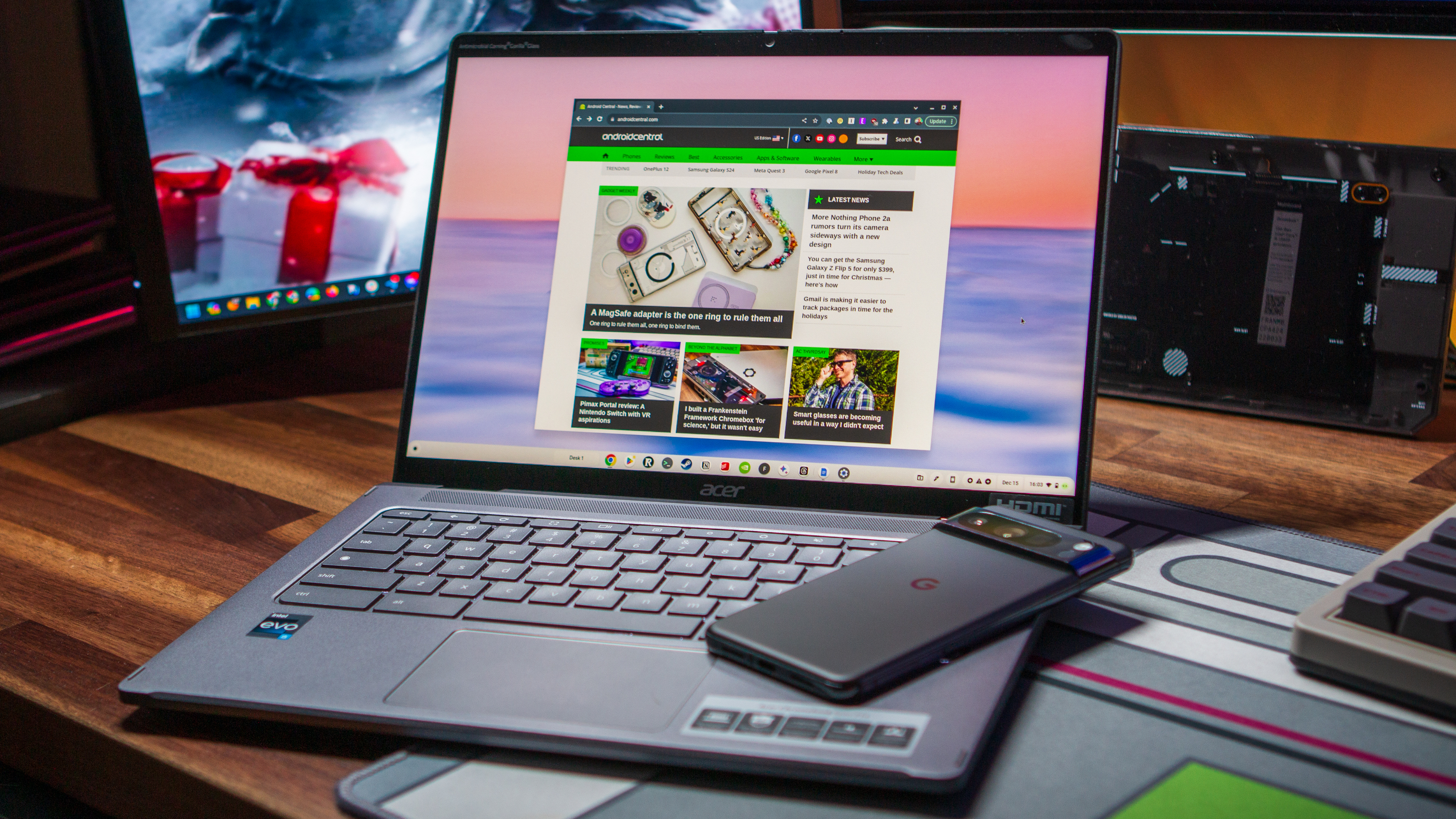Apple, Google, Microsoft, and Firefox have a new browser benchmark to rule them all
Speedometer 3.0 is here to test real-world performance across multiple browser engines.

What you need to know
- Speedometer 3.0, the latest iteration of the popular browser benchmark first created by Apple's WebKit team in 2014, is here.
- It uses a multi-stakeholder governance model with Blink/V8, Gecko/SpiderMonkey, and WebKit/JavaScriptCore as participating browsers.
- Speedometer 3.0 aims to be the most accurate browser benchmark at testing real-world usage thanks to collaboration from Apple, Google, Microsoft, and Firefox.
The four major browser manufacturers have teamed up to release Speedometer 3.0, the latest version of a browser benchmark praised for accurately reflecting real-world performance. Apple, Google, Microsoft, and Mozilla contributed to the project, and each company published press releases explaining what's new. According to Apple, for example, Speedometer 3.0 is "a major update that better reflects the Web of today."
Apple was the first to create a Speedometer way back in 2014 as a method for testing responsiveness on the web. Then, in 2018, Google joined in to help develop Speedometer 2.0. Since then, Speedometer 2.0 has become one of Google's top benchmarks. A few years ago, Google Chrome even topped Apple's own Safari in a Speedometer test, which Google took some pride in.
Speed has shaped our work since #Chrome’s launch in 2008. Three months ago, we recorded the highest score on Apple’s Speedometer — and now, Chrome is 20% faster on Mac, scoring over 360. pic.twitter.com/FO3t06c9p3June 5, 2022
Now, Speedometer 3.0 is supported by more companies than ever and uses a multi-stakeholder governance model. This means that the latest version of Speedometer is no longer released as part of Apple's WebKit initiatives. Instead, it's a joint effort from collaborators, including the Blink/V8, Gecko/SpiderMonkey, and WebKit/JavaScriptCore browser engines.
In fact, Apple says that there have been hundreds of contributions from other companies, such as Intel, leading up to Speedometer 3.0's release. The browser benchmark also benefitted from hundreds of open-source contributions, according to the company.
Google details some of the changes in its blog post, including the broadening of workloads tested. These now include to-do apps, complex web pages, single-page applications, charting apps and dashboards, and web-based code editors.
After running the Speedometer 3.0 benchmark, which takes a few minutes, you'll be greeted with your results. The benchmark will give you a basic overall score first. Then, you can dive into the specifics of how your device and browser performed in each test. There are a lot of metrics to unpack here, and they can be exported in JSON or CSV formats.
You can try the Speedometer 3.0 benchmark today, and it has been one of the leading browser benchmarks for Chrome, Edge, Firefox, and Safari for years.
Get the latest news from Android Central, your trusted companion in the world of Android

Brady is a tech journalist for Android Central, with a focus on news, phones, tablets, audio, wearables, and software. He has spent the last three years reporting and commenting on all things related to consumer technology for various publications. Brady graduated from St. John's University with a bachelor's degree in journalism. His work has been published in XDA, Android Police, Tech Advisor, iMore, Screen Rant, and Android Headlines. When he isn't experimenting with the latest tech, you can find Brady running or watching Big East basketball.
You must confirm your public display name before commenting
Please logout and then login again, you will then be prompted to enter your display name.
